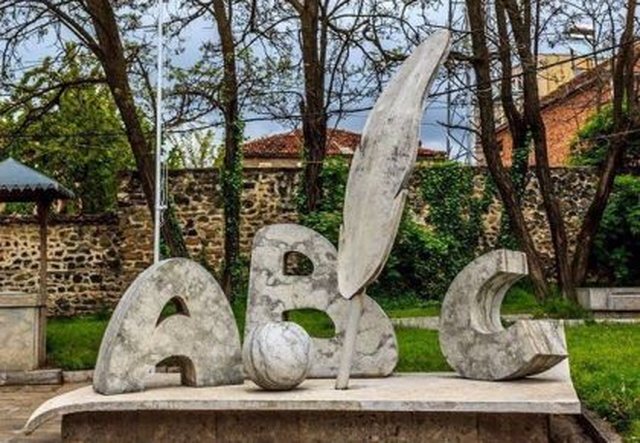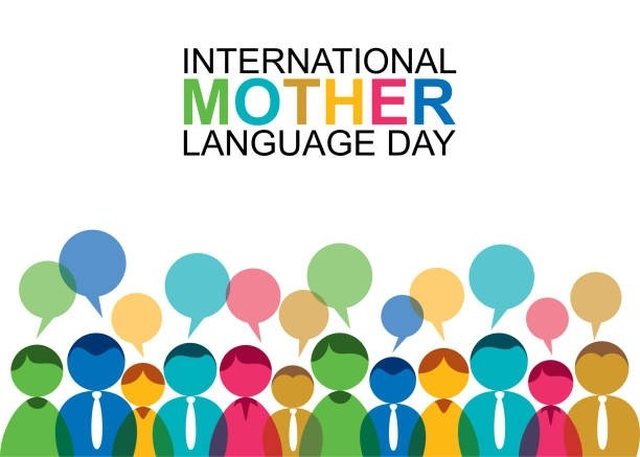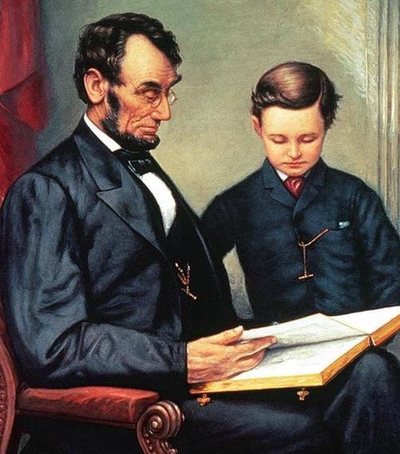
All the languages ??of the world celebrate today the International Mother Language Day. Since 1999, when UNESCO declared February 21 International Mother Language Day, national and international events have been organized around the world every year, with the aim of preserving and promoting the mother tongue. In 2007, the same day was adopted by the United Nations Assembly.
February 21 (1952) is set to commemorate the day of the murder of several students of Dhaka University in Bengali, who were killed by Pakistani police while protesting for the right to their Bengali language.
A basic element for avoiding spelling mistakes is raising the consciousness and language culture of each of us, we should all try to write without mistakes. It is the duty of every individual to do his utmost to protect and properly apply language norms and rules.
A culture of peace can only be built in a space where everyone has the right to fully and freely use their mother tongue in all different circumstances of life. This day is an opportunity to promote linguistic and cultural diversity and to work for preserve these differences in cultures and languages ??that promote tolerance and respect for others.
On February 21, 2022, UNESCO marks the 23rd International Mother Language Day to promote global linguistic diversity and multilingual education.
Linguistic diversity is key to building and maintaining integrative, open, diverse and participatory societies. Languages ??convey information and knowledge, thus promoting prosperity, social change and sustainable development. Multilingual and multicultural societies exist through their languages, which transmit and preserve traditional knowledge and cultures in a sustainable way.

Recognition and respect for linguistic and cultural diversity are essential for peaceful coexistence. Linguistic diversity and multilingualism are essential for sustainable development and lasting peace in society. The term mother tongue usually refers to the first language learned what they speak at an early age. "The mother tongue is a language learned by the speaker in early childhood without official instruction. According to Kluge, the word was probably created after the Latin model lingua materna (literally: "language on the part of the mother").
Spelling mistakes are also found in textbooks, as well as in many other documents, which are made public by other organizations and mechanisms in our country. Auxiliary verbs "kam" and "jam" are not written with "ë" at the end, "inheritance" is not written "inheritance" etc. Everywhere we encounter omissions that are not only a lack of grammatical knowledge, but disregard and ignorance of the crime committed against language. We are witnessing the violation of language rules in almost all types of communication, including the books we publish and, which is the most scandalous and painful, the textbooks we compile. Numerous linguistic errors are present in almost all subjects, in all textbooks, starting from the Albanian language books to all other books.
The service of the mother tongue should be done by each of us and to the state and private institutions, which also have a constitutional obligation. In many parts of the world, the mother tongue is protected by law.
I want to emphasize a basic element for avoiding spelling mistakes, and that is raising the consciousness and language culture of each of us, we should all try to write without mistakes. It is the duty of every individual to do his utmost to protect and properly implement language norms and rules.
On the other hand when languages ??disappear, cultural diversity, which constitutes the wealth of humanity, also fades. With languages, in fact, it is also perspectives, traditions, collective memories, and unique ways of thinking and expressing oneself - so many precious resources for securing a better future - that are being lost. More than 43% of the world’s approximately 6,700 spoken languages ??are threatened with extinction. This means that every two weeks, a language disappears forever, taking with it an entire cultural and intellectual heritage. Every language and dialect that exists in the world allows those who speak it to define themselves as a community, with a range of cultural references, a history and often shared values. / portalishkollor /





